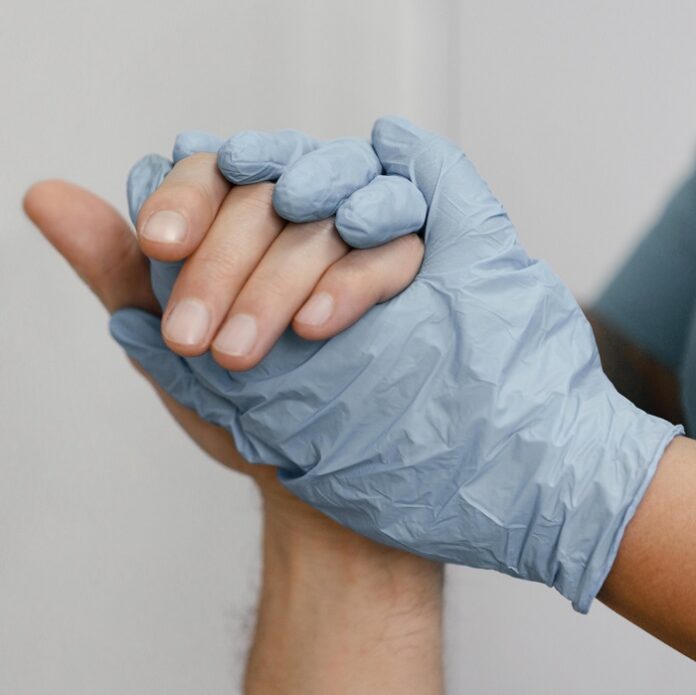India has one of the lowest deceased organ donation rates globally—less than 1 per million population (PMP)—far behind Spain, which leads with 52.6 donors PMP. However, in one field, India is at the forefront: hand transplants.
A Late Start, But Rapid Progress
Although Indian plastic surgeons began performing hand transplants only in 2015—17 years after the world’s first in France in 1998—the country now tops the global chart in the number of such surgeries. As of September 2024, India has conducted 73 out of 179 hand transplants worldwide, according to an editorial in the Indian Journal of Plastic Surgery (Nov 2024). The United States follows with 55, while the United Kingdom has done 17.
Kochi and Mumbai at the Forefront
As reported by TOI, Amrita Hospital in Kochi performed India’s first hand transplant and remains the national leader, having completed 30 surgeries to date. Interestingly, Mumbai, which entered the field only in 2020, now ranks second with 24 transplants in under five years.
“India and Mumbai have surged ahead in hand transplants,” noted Dr. Nilesh Satbhai, who performed Mumbai’s first hand transplant on train accident survivor Monika More.
A Recent Breakthrough at KEM Hospital
On Sunday, Dr. Vinta Puri, head of plastic surgery at civic-run KEM Hospital, successfully carried out a complex shoulder-level hand transplant. Her patient, 19-year-old Sujal Tiwari from Bhandup, had lost his right arm in a scuffle two years ago. By Tuesday, Sujal had eaten a full meal, and the transplanted arm was “wonderfully warm”—a strong sign of good blood circulation and transplant success.
“He is stable, but we must monitor him closely over the next five days,” Dr. Puri said.
Why Is India Leading in Hand Transplants?
Several factors contribute to India’s leadership in this specialized field. Both Dr. Puri and Dr. Satbhai cite:
- Highly skilled surgical teams
- Availability of philanthropic funding
- Strong rehabilitation infrastructure
Another critical factor, highlighted in the Indian Journal of Plastic Surgery, is the lower cost of lifelong immunosuppression drugs, essential to prevent organ rejection. In India, these drugs cost around ₹15,000 per month, making long-term post-transplant care relatively affordable for many patients. “This affordability makes long-term sustainability a reality,” the article concluded.























